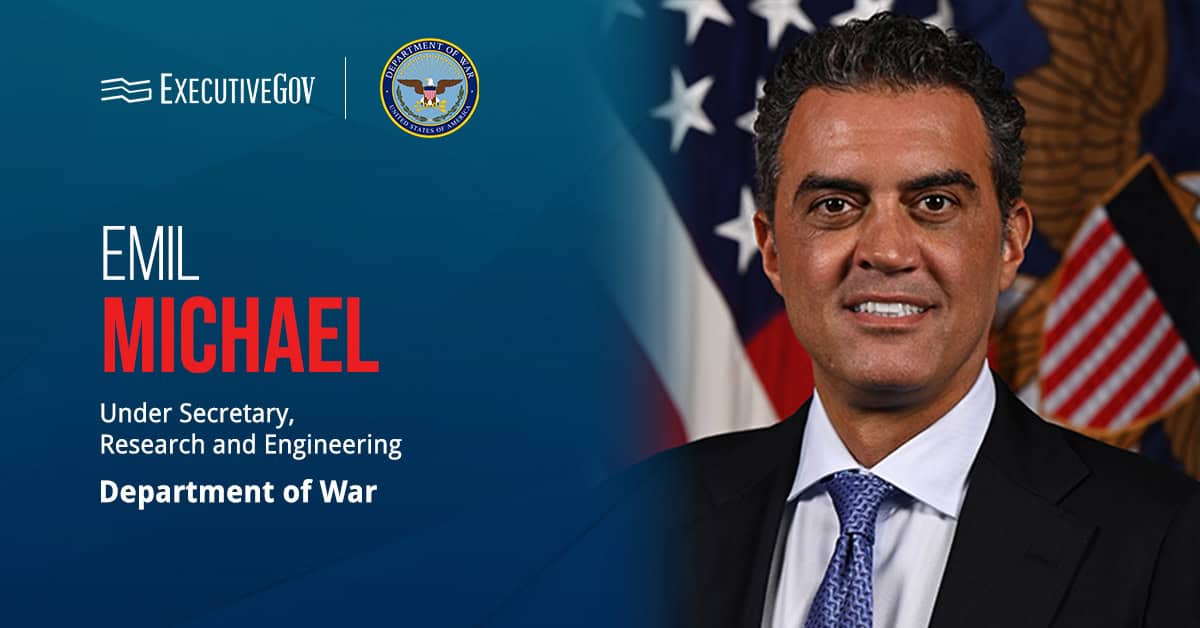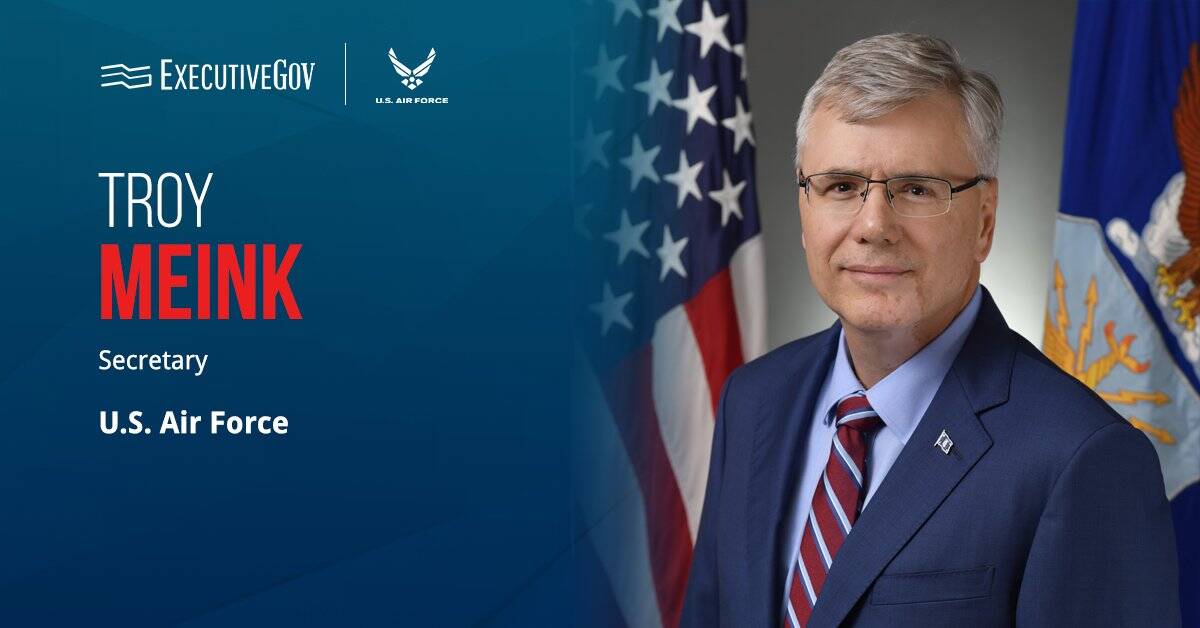Gen. John Hyten, vice chairman of the Joint Chiefs of Staff and a two-time Wash100 Award winner, is slated to retire from his role in late 2021, USNI News reported Friday.
Hyten, whose two-year term will expire on Nov. 21, 2021, will not seek renomination for the post, according to his spokesperson Maj. Trisha Guillebeau.
Hyten received Senate confirmation for his current role in September 2019 and assumed the position two months later. The fiscal year 2017 National Defense Authorization Act authorizes Hyten to apply for renomination to serve in an extended four-year term that will begin on Jan. 1, 2021.
“The next Vice Chairman will serve a four-year term. Gen Hyten will serve two years,” said Guillebeau. “The intent of Congress was to offset the Chairman and the Vice Chairman positions by two years.”





